Social reward
Recent articles
New test taps nose pokes as a proxy for social motivation in mice
Over one hour, a particularly motivated mouse poked its nose 350 times into a hole in the test chamber in the hopes of meeting a playmate.
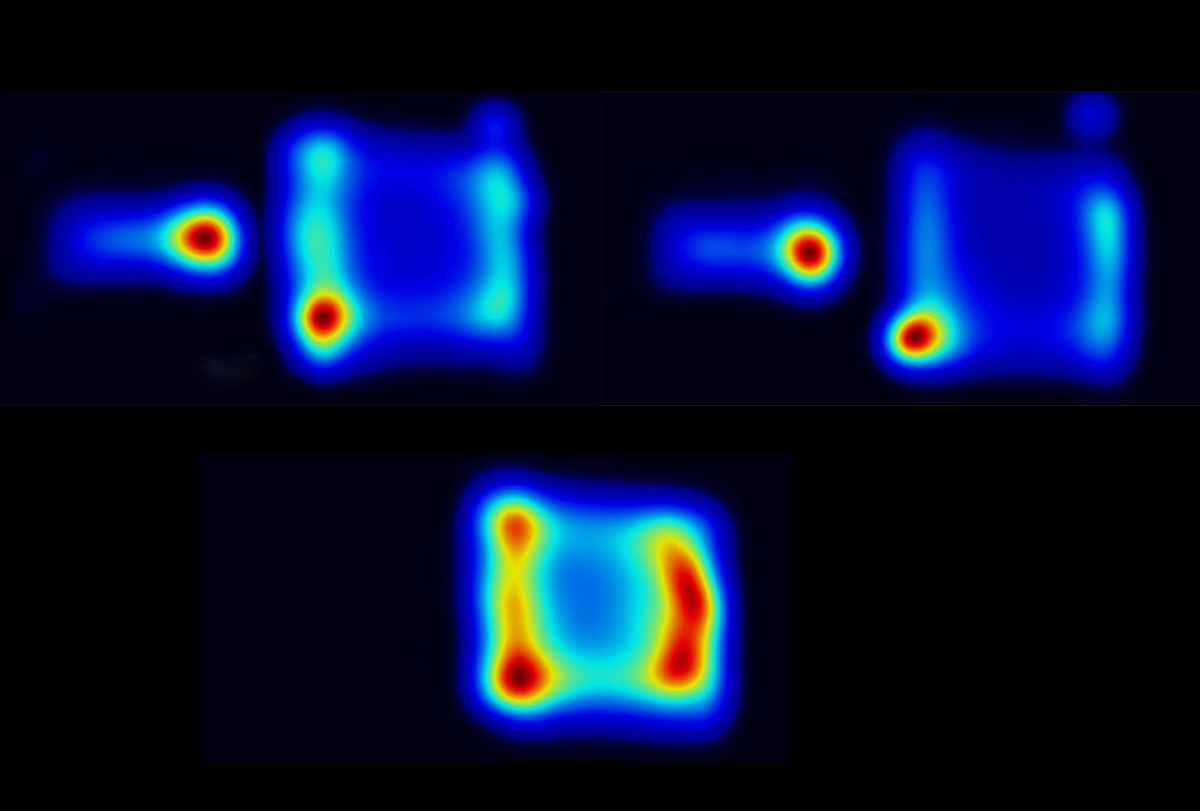
New test taps nose pokes as a proxy for social motivation in mice
Over one hour, a particularly motivated mouse poked its nose 350 times into a hole in the test chamber in the hopes of meeting a playmate.
Psychedelics give mice second chance to learn social rewards
The drugs may reopen a critical window during development in which the brain can more easily adjust its connections.
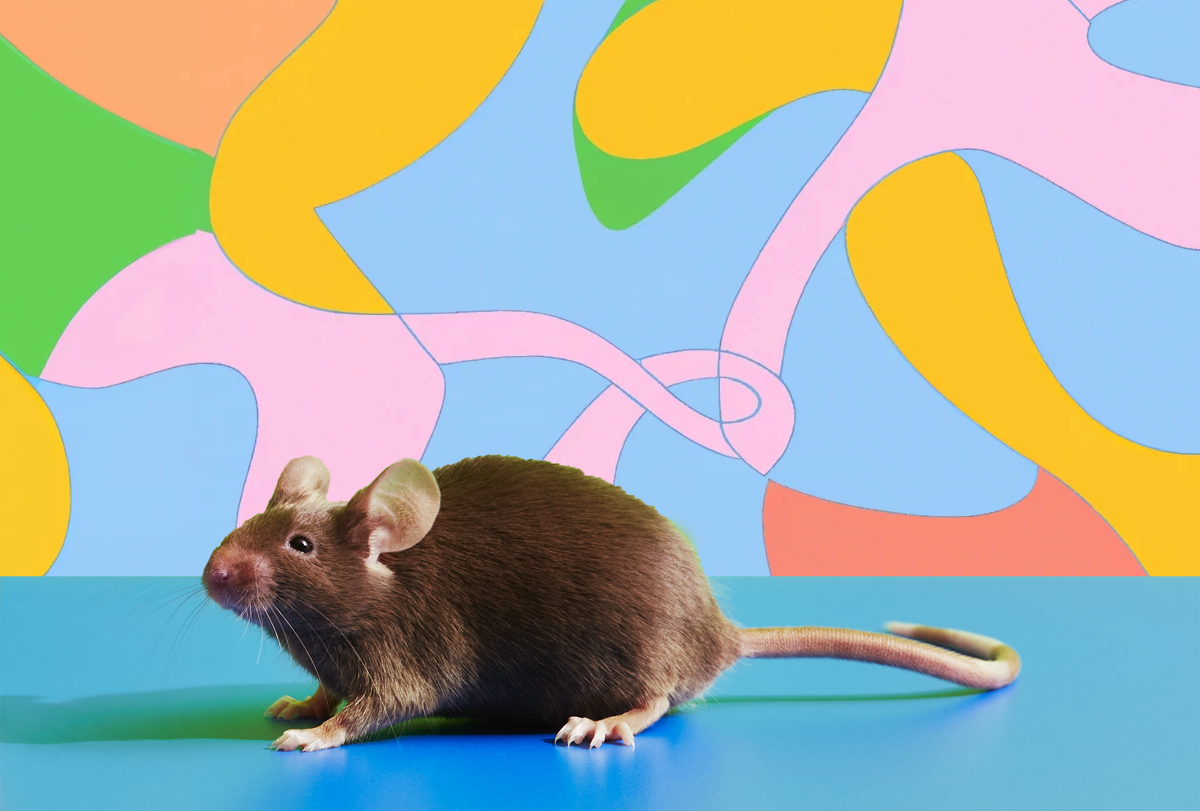
Psychedelics give mice second chance to learn social rewards
The drugs may reopen a critical window during development in which the brain can more easily adjust its connections.
Getting eight arms around autism
Octopuses can solve some of the same problems as people but do so in unusual ways.
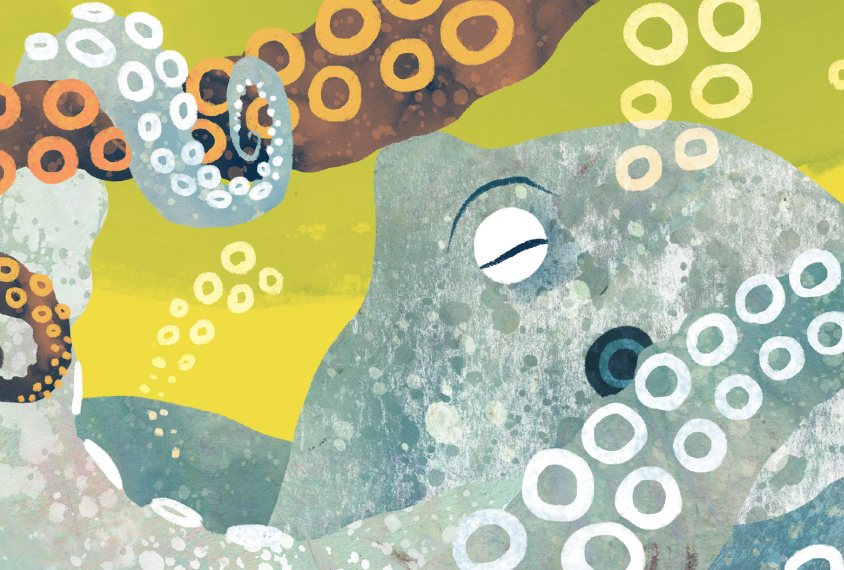
Getting eight arms around autism
Octopuses can solve some of the same problems as people but do so in unusual ways.
Drugs boost serotonin, socialization in multiple autism mouse models
The finding that MDMA and an experimental serotonin agonist increase sociability across six different model mice suggests that disparate autism-linked mutations converge on the same underlying pathways.
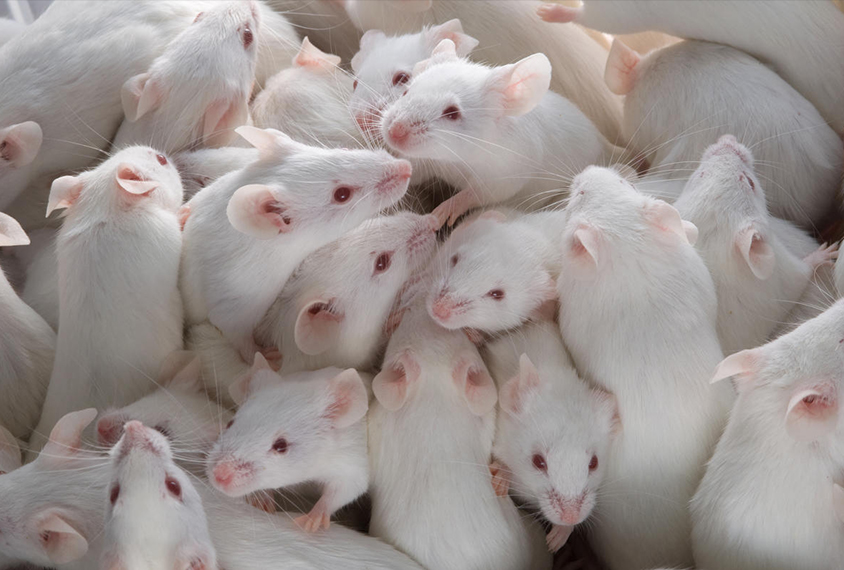
Drugs boost serotonin, socialization in multiple autism mouse models
The finding that MDMA and an experimental serotonin agonist increase sociability across six different model mice suggests that disparate autism-linked mutations converge on the same underlying pathways.
The benefits of special interests in autism
Researchers are studying how the intense passions of autistic people shape the brain, improve well-being and enhance learning.
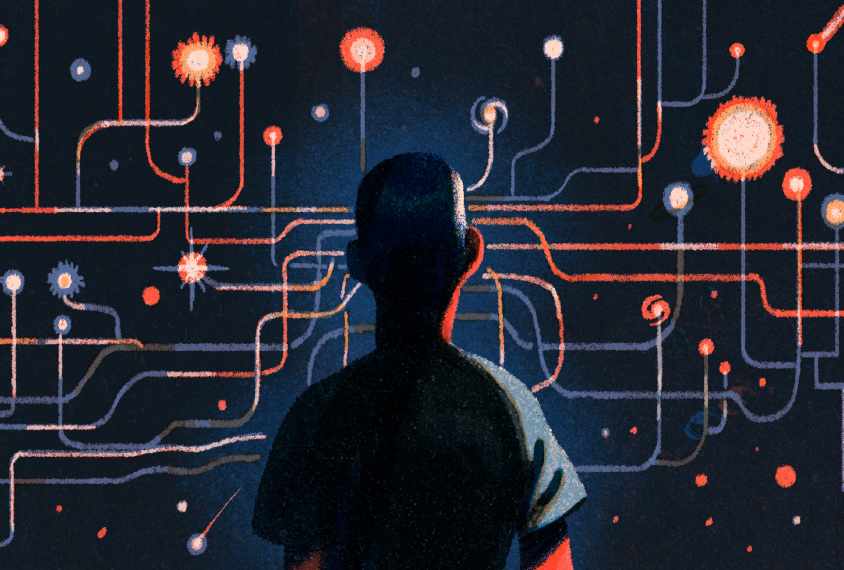
The benefits of special interests in autism
Researchers are studying how the intense passions of autistic people shape the brain, improve well-being and enhance learning.
Brain circuit makes social interactions rewarding, may be altered in autism
Blocking connections between the amygdala and hypothalamus prevents mice from finding social interactions as rewarding as they would otherwise.
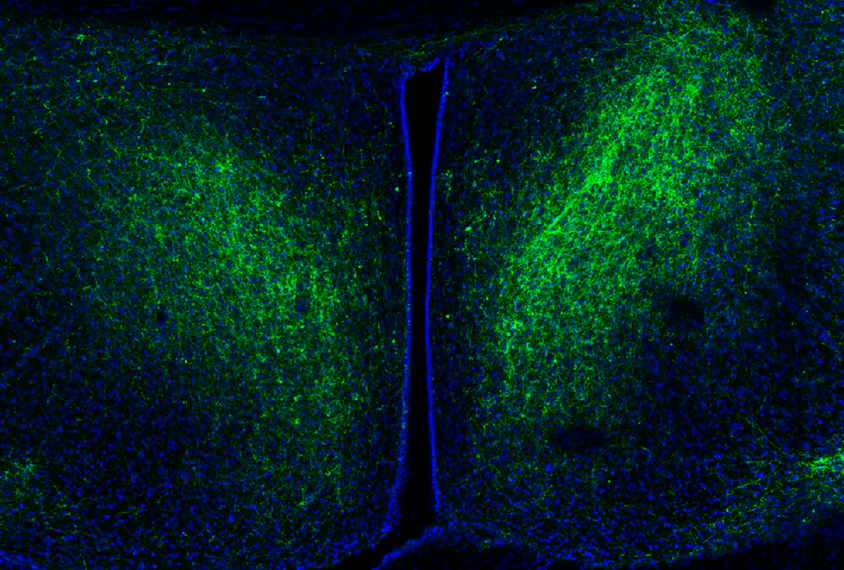
Brain circuit makes social interactions rewarding, may be altered in autism
Blocking connections between the amygdala and hypothalamus prevents mice from finding social interactions as rewarding as they would otherwise.
Dopamine neurons may dampen social behavior in mouse model of autism
Mice missing a copy of the autism-linked gene PTEN show a reduced preference for social interaction, possibly due to atypically large, overconnected dopamine neurons. Easing the overconnection may alleviate this trait.
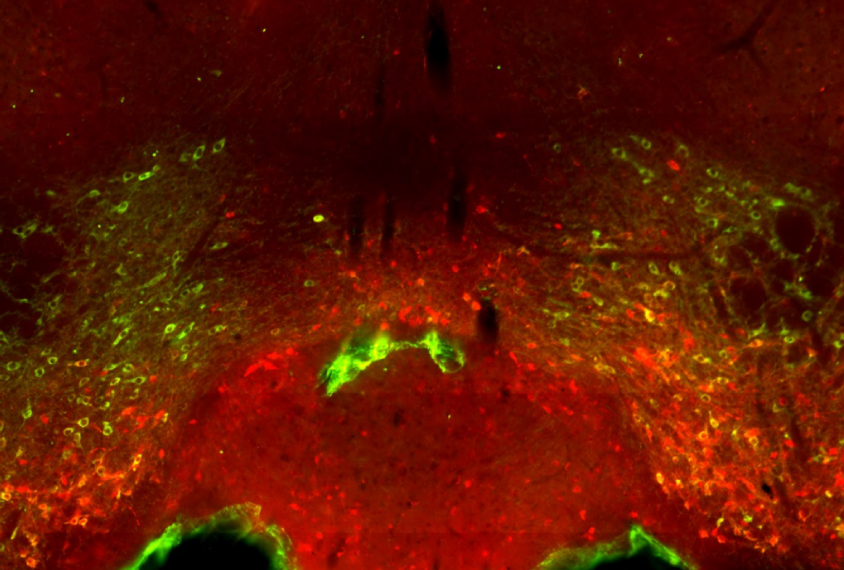
Dopamine neurons may dampen social behavior in mouse model of autism
Mice missing a copy of the autism-linked gene PTEN show a reduced preference for social interaction, possibly due to atypically large, overconnected dopamine neurons. Easing the overconnection may alleviate this trait.
Autism-linked gene exerts varied effects on oxytocin circuits in mice
Two types of neurons process social information, a new mouse study suggests, but only one is disrupted in mice missing the autism-linked gene FMR1.
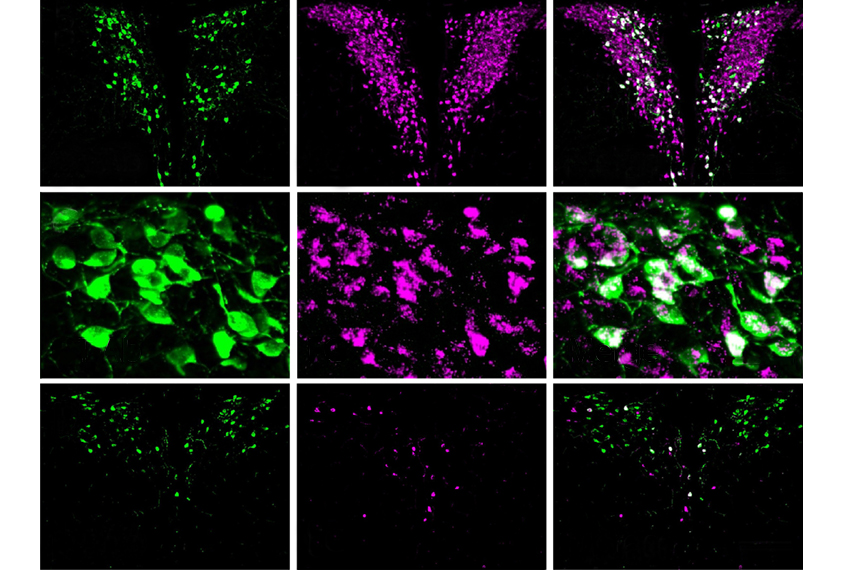
Autism-linked gene exerts varied effects on oxytocin circuits in mice
Two types of neurons process social information, a new mouse study suggests, but only one is disrupted in mice missing the autism-linked gene FMR1.
Social motivation predicts language skills in autistic children
The more children with autism tune in to and communicate with others as toddlers, the stronger their conversation skills are later in childhood.
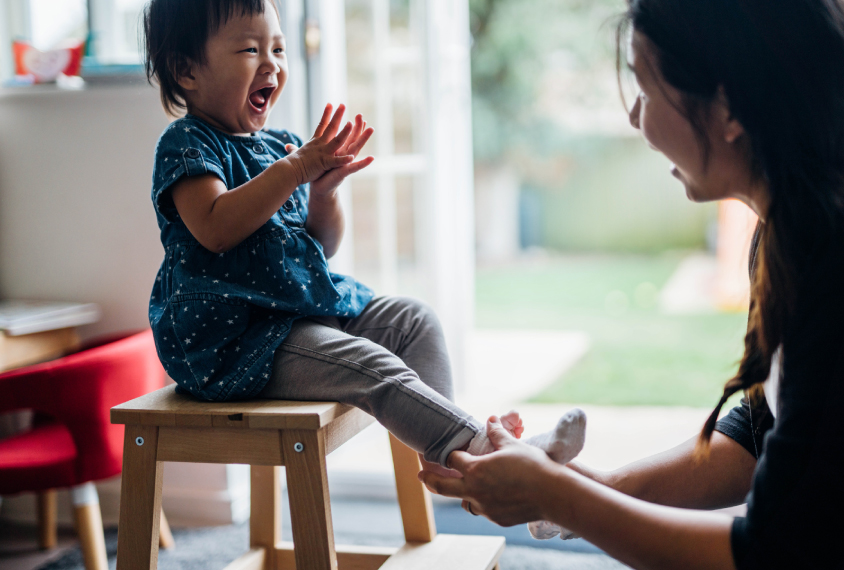
Social motivation predicts language skills in autistic children
The more children with autism tune in to and communicate with others as toddlers, the stronger their conversation skills are later in childhood.
In search of ‘social’ subtypes of autism
Grouping autistic people based on their social abilities may reveal subtypes of the condition.
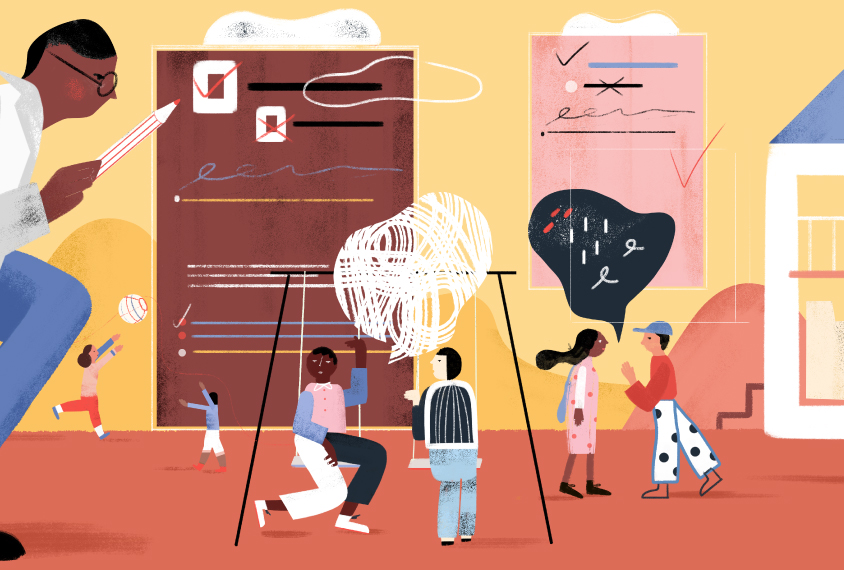
In search of ‘social’ subtypes of autism
Grouping autistic people based on their social abilities may reveal subtypes of the condition.
Explore more from The Transmitter
Newly awarded NIH grants for neuroscience lag 77 percent behind previous nine-year average
Since President Donald Trump took office on 20 January, the National Institute of Neurological Disease and Stroke and the National Institute of Mental Health have awarded one quarter as many new grants as during the same two-month period, on average, since 2016.
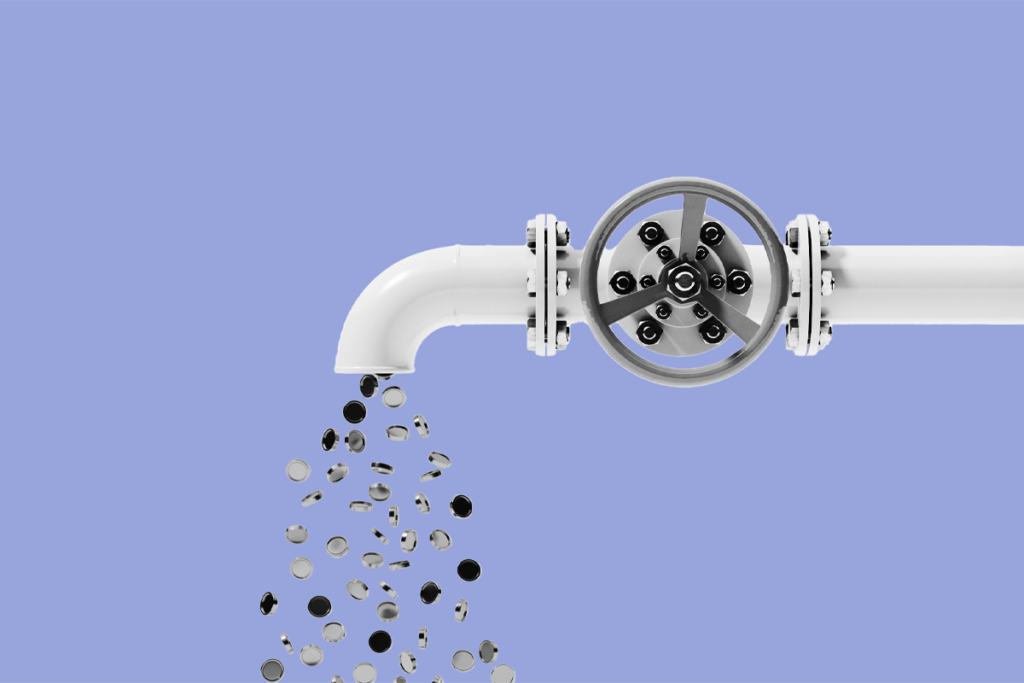
Newly awarded NIH grants for neuroscience lag 77 percent behind previous nine-year average
Since President Donald Trump took office on 20 January, the National Institute of Neurological Disease and Stroke and the National Institute of Mental Health have awarded one quarter as many new grants as during the same two-month period, on average, since 2016.
Releasing the Hydra with Rafael Yuste
Losing HHMI Investigator status caused Yuste to study neural networks in a new way.
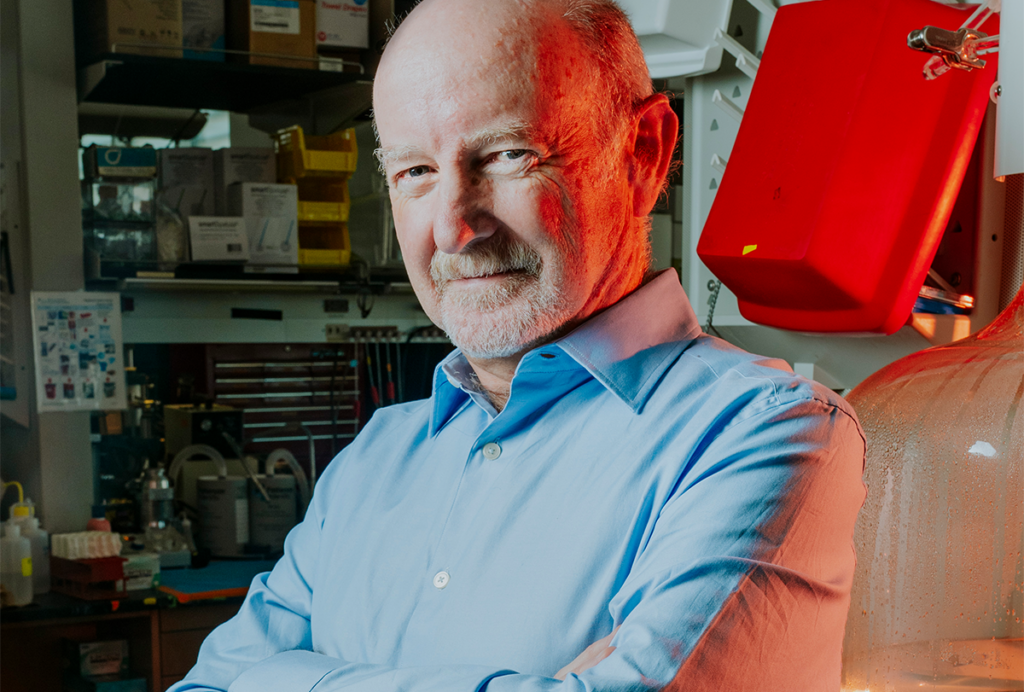
Releasing the Hydra with Rafael Yuste
Losing HHMI Investigator status caused Yuste to study neural networks in a new way.
Coding error caused layoffs at National Institute of Neurological Disorders and Stroke this week, source says
Thirty employees—including 11 lab heads—at the institute should “immediately return to work,” according to an email the institute’s Office of Human Resources sent to top administration at the institute Wednesday evening.
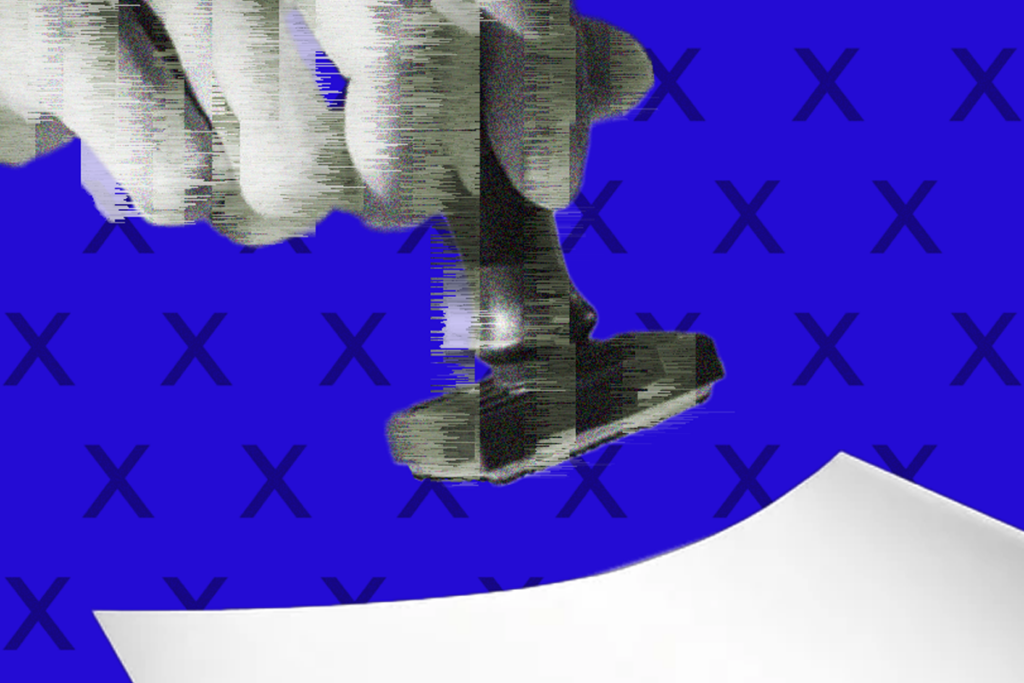
Coding error caused layoffs at National Institute of Neurological Disorders and Stroke this week, source says
Thirty employees—including 11 lab heads—at the institute should “immediately return to work,” according to an email the institute’s Office of Human Resources sent to top administration at the institute Wednesday evening.